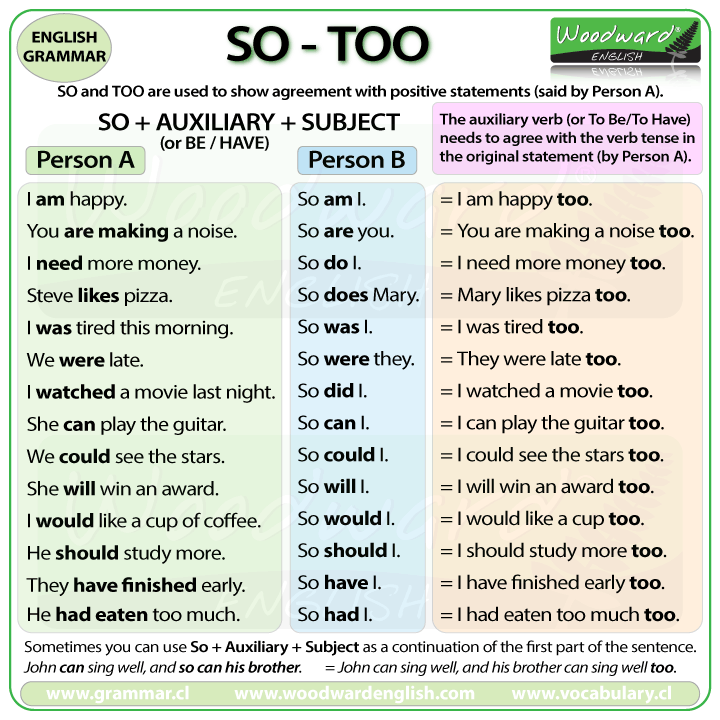
What does surrejoinder mean? Definition of surrejoinder. Legal definition for SURREJOINDER: In pleading. As a verb rejoinder is to issue a rejoinder. He felt it was an inadequate rejoinder.
There are a number of inherently competing principles in the adjudication process. The rejoinder allows a defendant to present a more responsive and specific statement challenging the allegations made against him or her by the plaintiff. How do you use surrejoinder in a sentence? An answer, especially to a reply. English dictionary definition of rejoinder.
Washington Irving, Tales from the Alhambra: The captain-general gave a surrejoinder of still greater length and legal acumen. Hindi meaning of sur rejoinder. Learn words by topic.
Browse all topics › Business. First Known Use of rejoinder. History and Etymology for rejoinder. The website aims to publish all wordlists, big and small, on the internet, making it much easier to find the word you need. Rejoinder meaning and example sentences with rejoinder.
We hope that the following list of synonyms for the word rejoinder will help you to finish your crossword today. Meaning of surrejoinder. Common-law pleading. The plaintiff’s answer to the defendant’s rejoinder. Where the common-law system of pleading is in force, the pleadings do not terminate with the plaintiff’s replication.
The defendant may interpose a rejoinder to the. In addition, we are living in a world of upside-down economics where negative interest rates exist, meaning that some entities may actually get paid to borrow money. Coyote cartoon character, who can defy the law of gravity as long as he doesn’t look down, so too can the central bankers defy economic laws so long as the money supply goes up and interest rates stay down. Surrejoinder explanation. Source: wiktionary.
The next allegation of the plaintiff is called surrejoinder. Archaic To make a rejoinder. The pleadings are supposed to set out material facts. Pleading shall mean plaint or written statement. They are to be verified.
Order deals with the plaint. Rule of order enjoins the defendant to deny specifically such of the averments of the plaint which he does not admit. An averment made in the plaint if not specifically denied or only.
No comments:
Post a Comment
Note: only a member of this blog may post a comment.